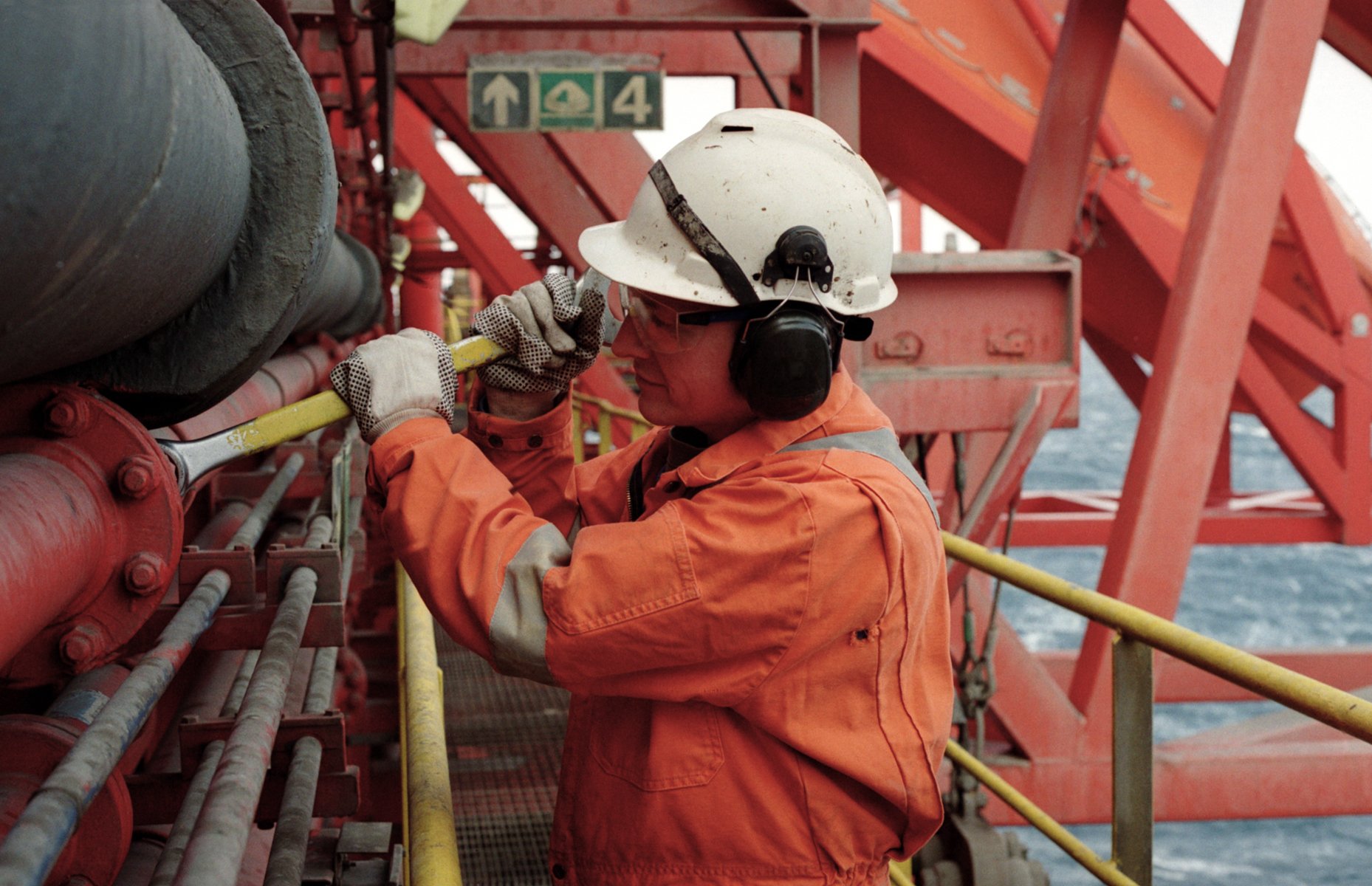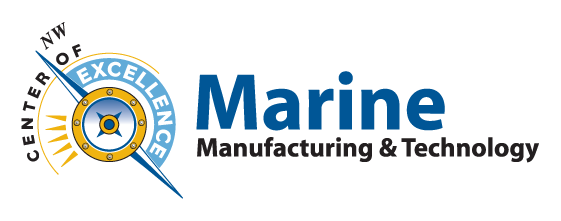
Health & Safety
The maritime environment is often dynamic and fast moving. Safe maritime operations, whether ashore or afloat are critical not only for those working in the industry, but to our communities, environment, and the economy. The Center of Excellence actively works to prevent accidents, establish, and follow safety protocols, and provide appropriate safety training for those working in the maritime environment.
Why Safety?
Safety at sea, a boat or shipyard, marina, or any other maritime environment is a very important aspect of the job for anyone employed in the industry. Conditions can be dangerous, if proper safety protocols are not followed. Safety in the maritime industry is critical to resilience and competitiveness and is the responsibility of management and employees alike. The following influence and contribute to a proper safety culture:
Proper training
Specialized personnel
Safety protocols
Employee awareness
Clearing the workspace
Team approach ad cooperation
Regular training sessions
Personnel protective gear/equipment
Legal awareness
Communication
Listen to experience and expertise
Professional development
Additional Safety Resources
There are innumerable safety resources for those employed in the maritime industry; they include, but are not limited to:
American Boat & Yacht Council, https://abycinc.org
American Bureau of Shipping, Maritime Safety Innovation Lab, https://maritimesafetyinnovationlab.org/abs-guides/
American Bureau of Shipping, Mariner Personal Safety, https://ww2.eagle.org/en/about-us/safety/mariner-personal-safety.html
Boat Safety Checklist & Safety Equipment, https://www.discoverboating.com/resources/boat-safety-checklist-safety-equipment
Cal Maritime, Meet the Experts Supporting & Researching Mariners’ Mental Health, https://www.csum.edu/resiliency/resources_mariner-mental-health-research.html
gCaptain, Mental Health Resources for Mariners, https://gcaptain.com/mental-health-resources-for-maritime-workers/
International Convention for the Safety of Life at Sea, https://www.imo.org/en/About/Conventions/Pages/International-Convention-for-the-Safety-of-Life-at-Sea-(SOLAS),-1974.aspx
International Labour Organization (ILO), https://www.ilo.org/wcmsp5/groups/public/---ed_dialogue/---sector/documents/normativeinstrument/wcms_618575.pdf
International Maritime Organization (IMO), https://www.imo.org
Lamar University, Mariner Safety Research Initiative, http://maritime.lamar.edu/
Mariners are Considered Essential Workers, January 21, 2021, https://www.360coveragepros.com/professional-mariner-interests/mariners-are-considered-essential-workers
Maritime Safety Guide, The Lanier Law Firm, https://www.lanierlawfirm.com/maritime-safety-guide/
National Association of State Boating Law Administrators/NASBLA, www.nasbla.org
Occupational Safety and Health Administration (OSHA), https://www.osha.gov/maritime/resources
Safety First, Safety Second, Safety Always!, April 7, 2019, Maritime Executive, https://www.maritime-executive.com/blog/safety-first-safety-second-safety-always
SafetyRSea, Key health & safety concerns for women seafarers, April 9, 2020, https://safety4sea.com/cm-key-health-safety-concerns-for-women-seafarers/
Silica Dust https://www.consumernotice.org/environmental/silica-dust/ and Silicosis https://www.consumernotice.org/environmental/silica-dust/silicosis/
The Mesothelioma Center - Occupational Asbestos Exposure https://www.asbestos.com/occupations/
The Mesothelioma Center - Mesothelioma Symptoms https://www.asbestos.com/mesothelioma/symptoms/
The National Maritime Safety Association (NMSA), https://nmsa.us/resources/
United States Coast Guard/USCG, www.uscg.mil/mariners and www.uscg.mil
US Maritime Administration (MARAD) Office of Safety, https://www.maritime.dot.gov/ports/office-safety/office-safety

